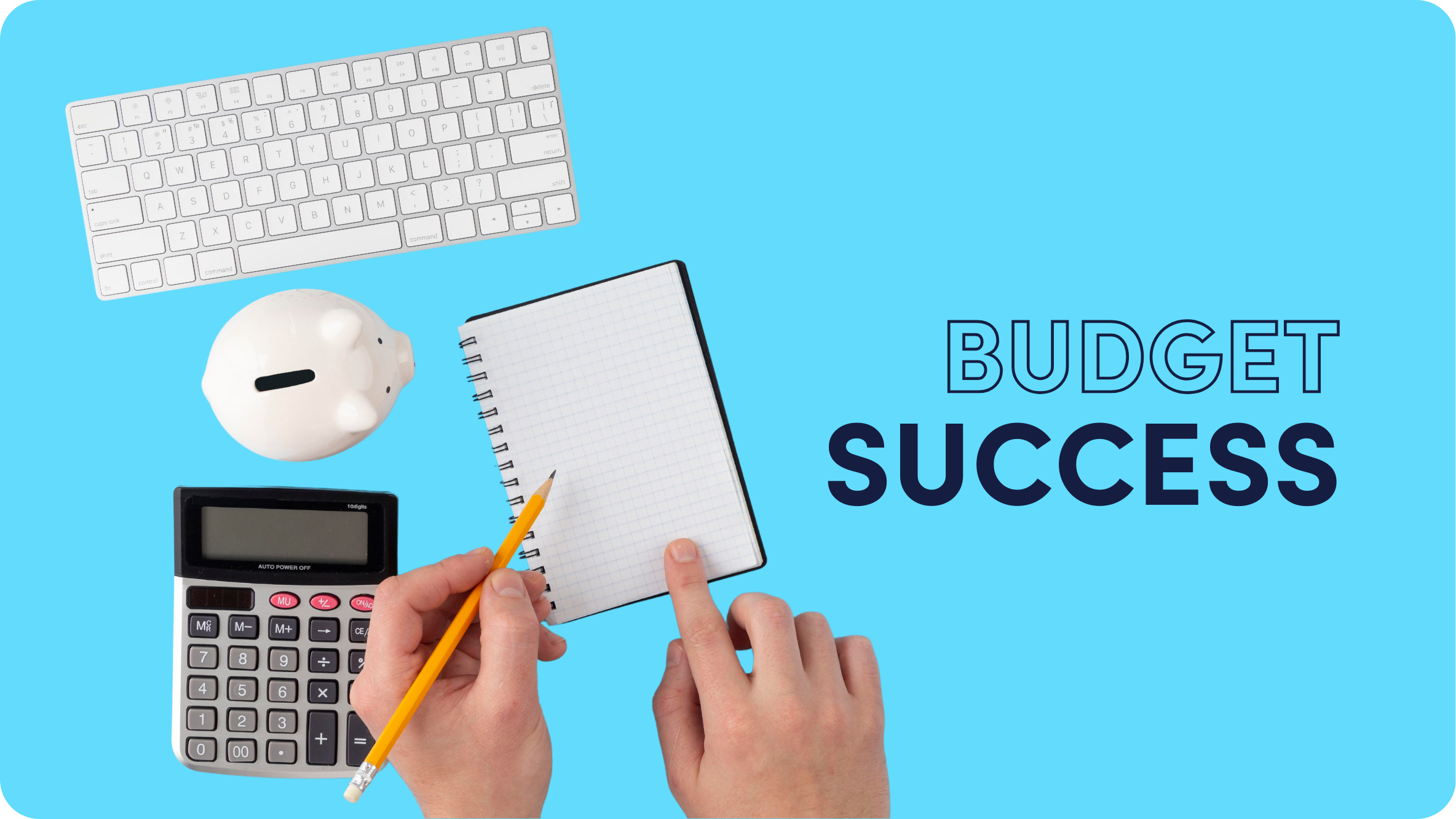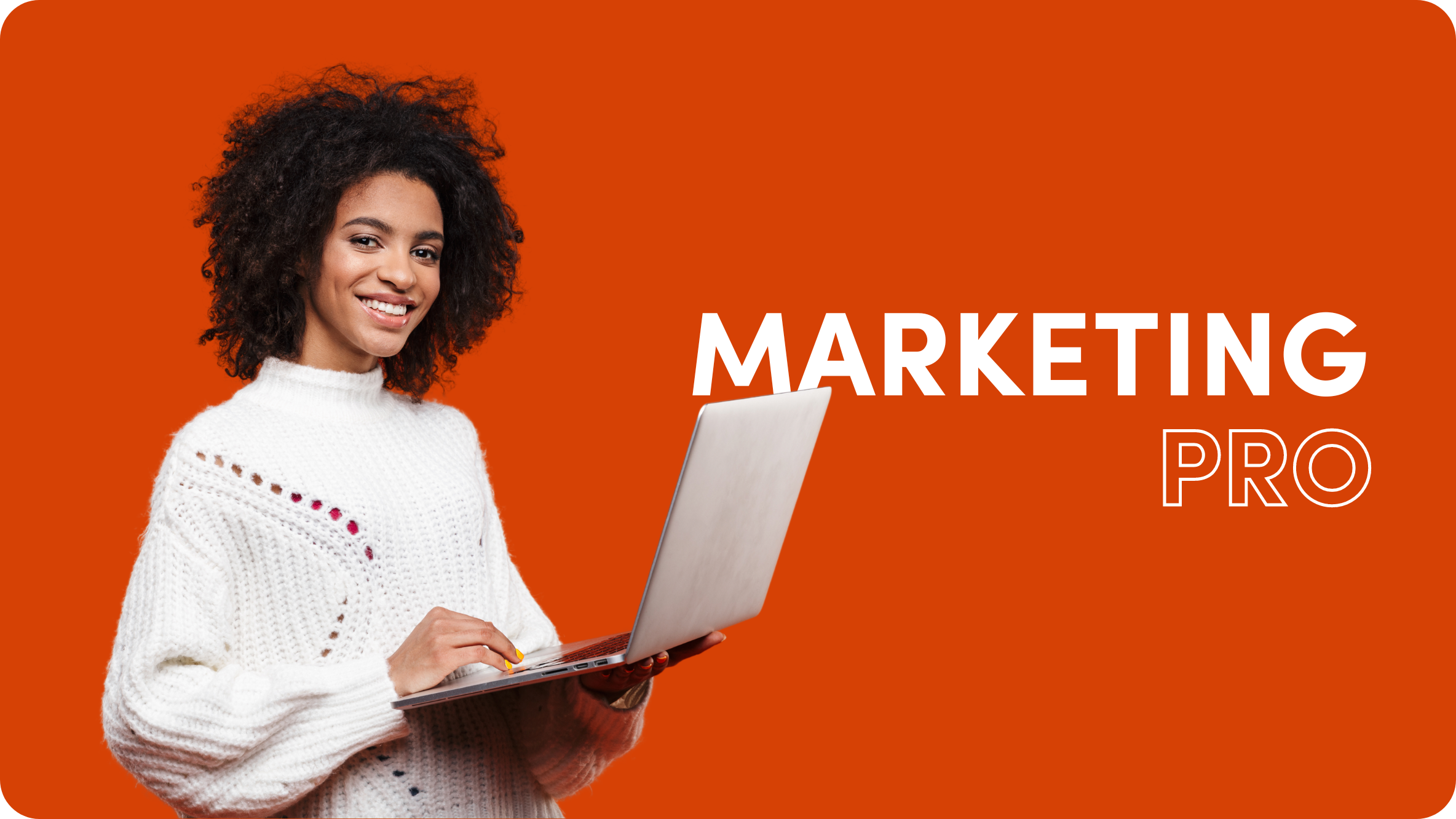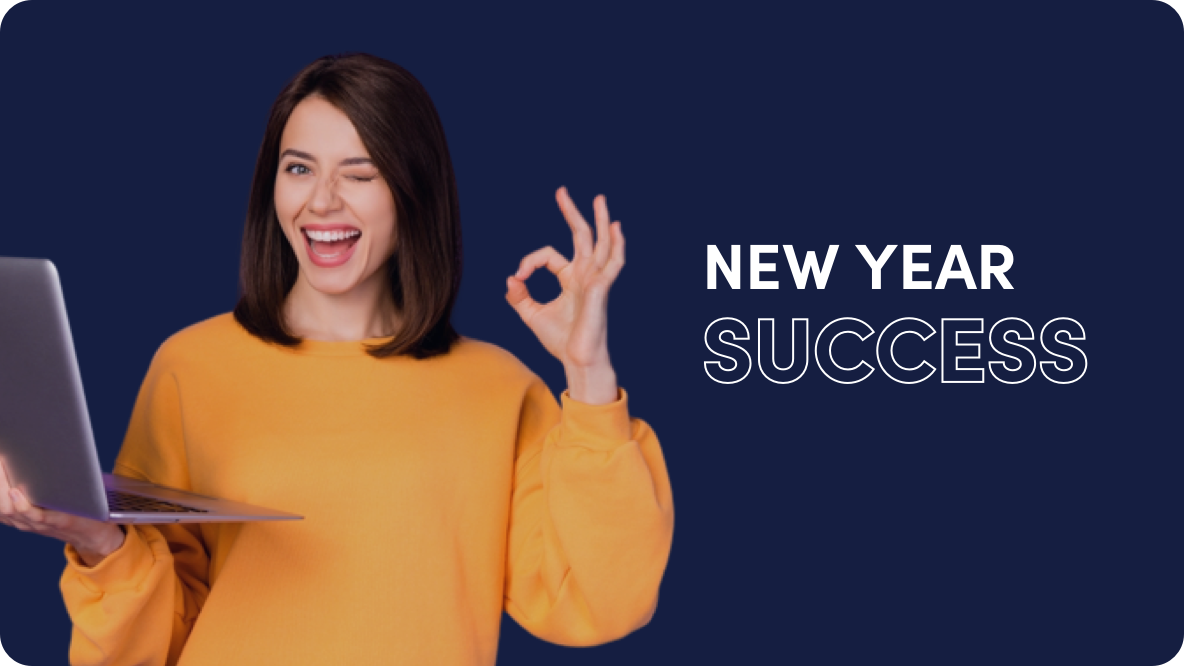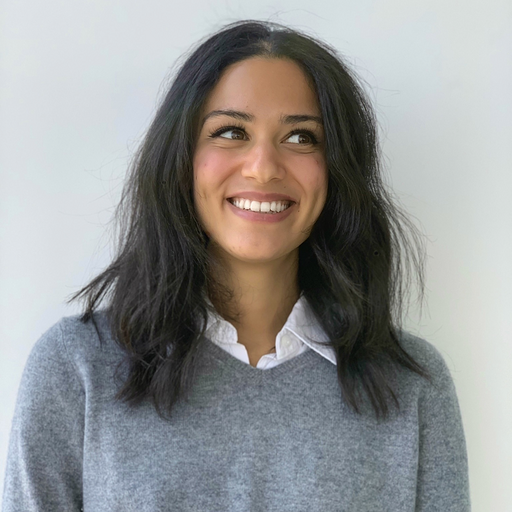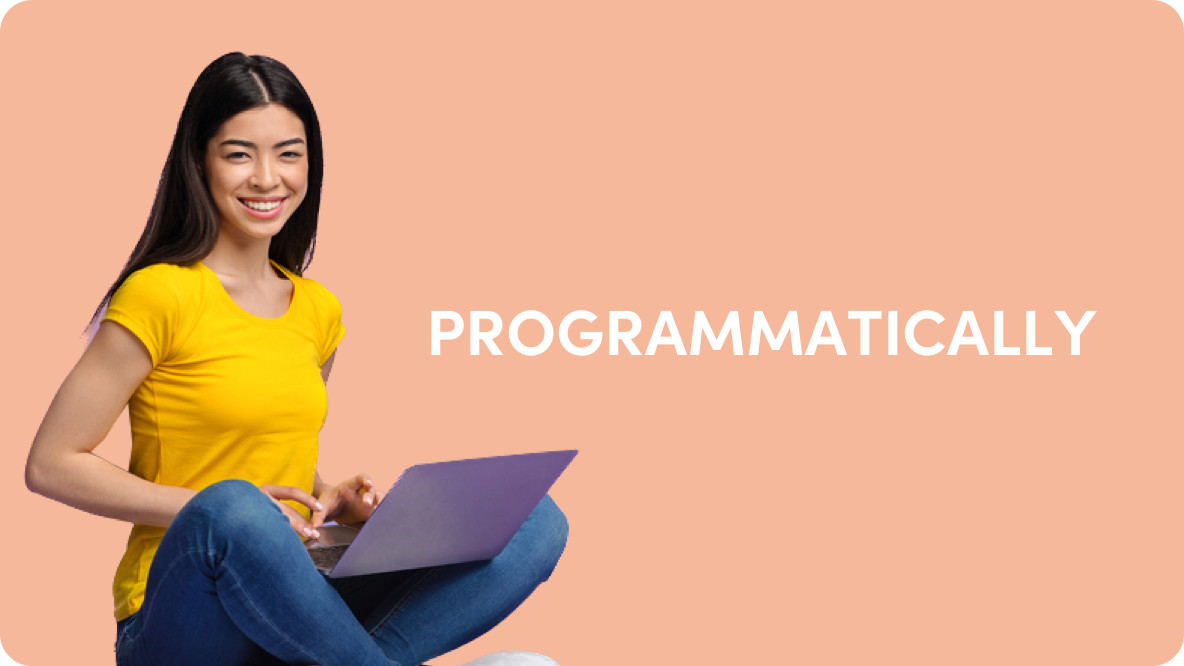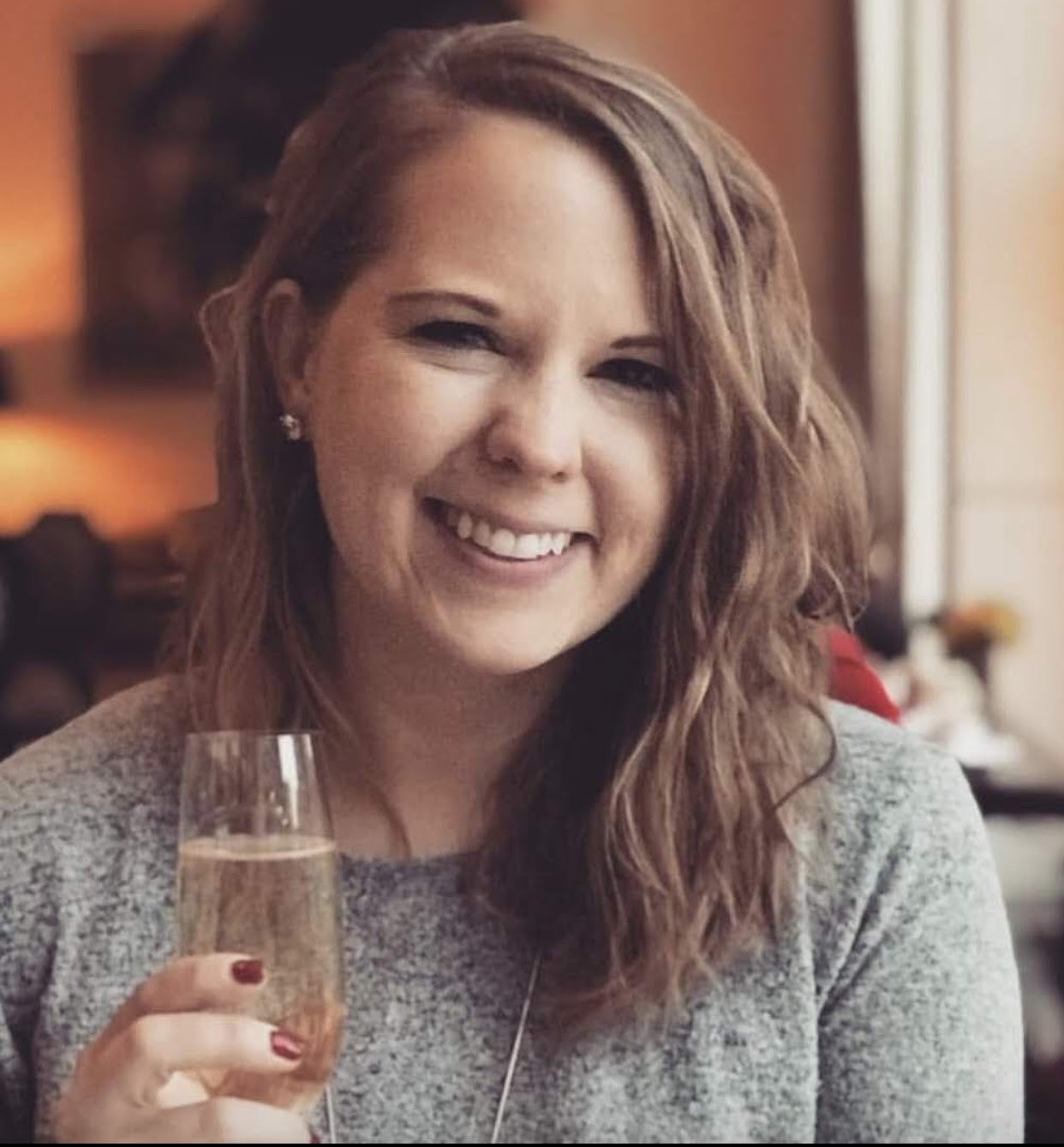5 Fearless Women Leaders in the Industry Weigh in on Cannes
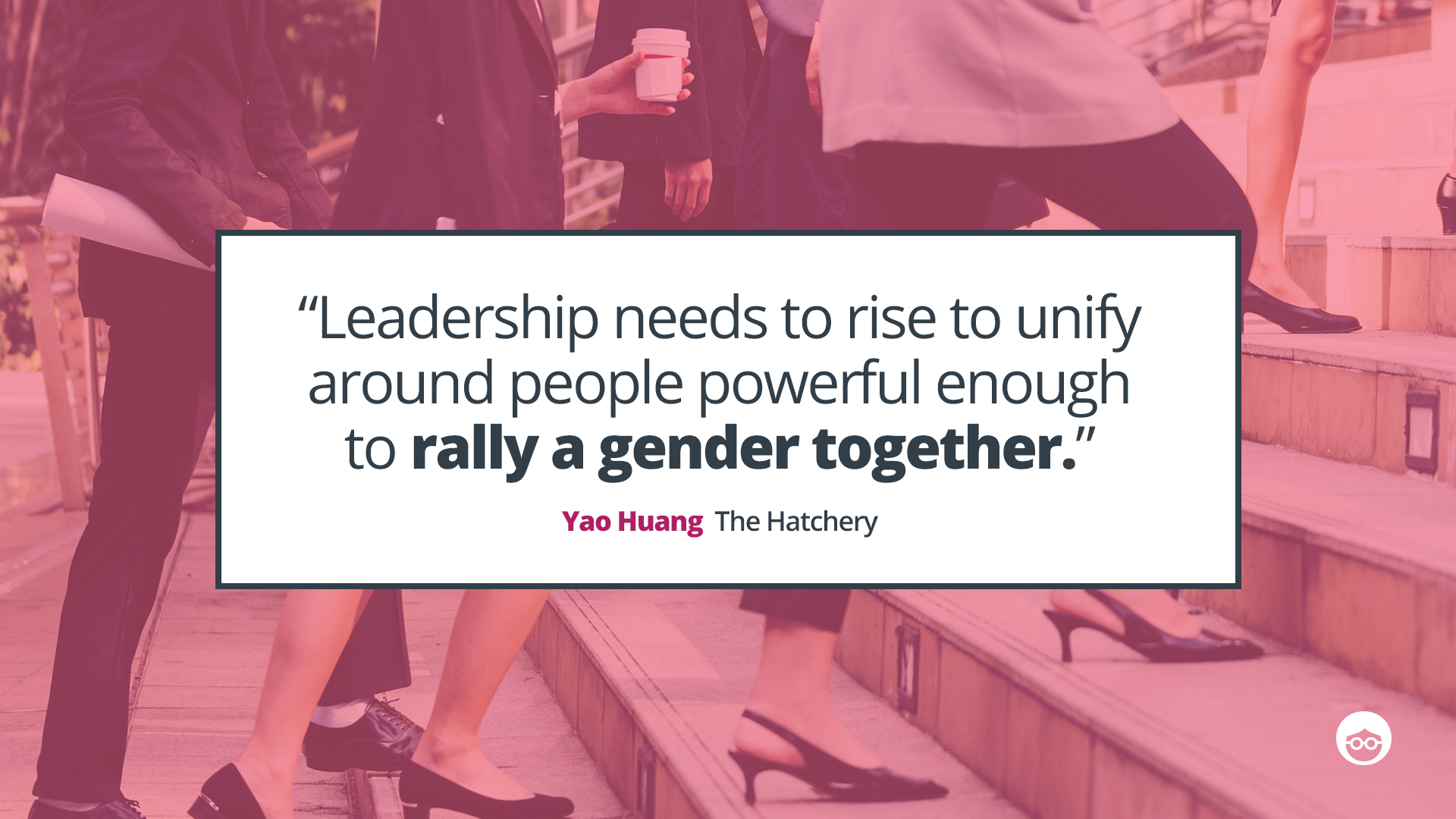
This year, women took center stage at Cannes. “Fearless Girl” was a big winner and much of the conversation revolved around lack of women in top leadership positions and how women are portrayed in advertising and branding.
We spoke to five talented and successful women from all sides of the business to get their opinions on what they saw at Cannes, as well as some of the greatest challenges and opportunities for women in the industry right now.
1. Yao Huang
There is a rising tide of opportunity to change the way things are. There is a swell of activism, unrest, and willingness to do something if there was leadership that showed the way to results. Words are hollow. Actions are deep. I’m not saying people are not doing anything, I’m saying it’s not actionable enough. For example, we’ve been talking about the pay gap for decades. Half the population should have the leverage to change that. There is a need for a united front at tables of decision making and negotiation. Around a shared vision of going forward by saying YES. Yes to helping your coworker up. Yes to mentoring. Yes to giving another woman an opportunity. Yes to support and organizations that are making moves forward. How does half the population not have a voice with votes? How does 80% of consumer spending power not have a voice in products and the companies that make them? How is there still sexual harassment at work? And bias to women for funding? Leadership needs to rise to unify around people powerful enough to rally a gender together. The challenge is finding people willing to step all the way up. Not just enough for good PR.
–Yao Huang, Founder, The Hatchery
2. Anita Schillhorn van Veen
Wonder Woman has just blown up the box office. The Fearless Girl statue (and the lady creative team behind it) just slayed at Cannes. And as tough as the last American election was, we can’t forget that a woman won the popular vote.
On the flip side, Uber is getting decimated in large part because of its internal misogyny. And the latest attempt at a health care bill, written solely by men, does not mention women at all.
We’re seeing the juxtaposition of women’s power and powerlessness everywhere we look. We need women to be role models, and we also need women behind the scenes to build a culture of inclusivity.
Advertising is one of the myriad media that seed culture. One of the reasons I’m in this industry is because we have the opportunity to create narratives and experiences that can make a difference.
I’m a fan of the Bechdel rule for movies: at least two women talk to each other about something other than a man. This rule calls attention to gender inequality in the film industry, and many dedicated viewers compile lists of films that comply and don’t. The more films that follow the Bechdel rule, the more women are represented as fleshed out human beings and not as a stereotype.
I want this rule to hold true for every cultural artifact, including advertising. Data tells us that women hold much of the purchasing power in categories traditionally considered “masculine,” like automotive, financial services, electronics. The stories we tell as advertisers need to reflect the power that women have in society.
The Bechdel rule can also hold true for leadership. The token woman isn’t good enough anymore. Having one woman at the helm isn’t a guarantee for more inclusive story telling, or a more compassionate or collaborative work environment. It takes networks of women to champion each other and grow a non-patriarchal perspective.
And I must caveat, the Bechdel rule should also be applied to people of color. We’ve seen acquittal after acquittal after acquittal of police who have shot black boys and men. ICE agents are deporting plenty of Latina mothers and even a boy on his way to prom. Partially to blame is a media landscape that does little to tell human stories by and about people of color. In advertising we must examine the stories we tell to make sure we are telling stories that aren’t perpetuating the stereotypes. We must have people in power that can champion diverse perspectives – and not just one lonely black or brown face in the group office photo, but enough to support and encourage each other.
The success of Fearless Girl is a testament to the hunger for stories about women’s strength. Every win is a door opening a little wider for more women and more women’s stories. We have a great opportunity to build on it.
– Anita Schillhorn van Veen, Founding Partner, Frame Strategy Co
3. Rhea Hanges
As simple as it sounds, I would like to see more focus on women as great talent. Lately, as we’ve seen at Cannes, there’s been so much conversation about women and diversity, that it has started to burn me out a little bit. I want to see less talk and more action. Good news, I have been noticing a positive shift recently. I now see agencies wanting to bring in different types of creative talent on different types of projects, not because they are women but to get the best kind of breakthrough thinking. For me, this is the big opportunity for smart, diverse talent proving their value simply through great work. This shift comes from a whole new crew of amazing women being groomed by great organizations like SheSays, proving there’s an undeniable wealth of talent out there right now. My hope is the conversation will continue to shift from who you are to the incredible work you’re doing.
–Rhea Hanges, Creative Director, Periscope
4. Stephanie Himoff
This year, gender was again a hot topic in Cannes. While I’m still always surprised by how few women in senior roles are represented at Cannes’ global stage, what I find promising is that, as an industry, we’re continuing to shift how we think about global gender issues and the subjects of gender disparity and identity. On one level, we’ve become more aware of the influence we have on culture and we’re taking more responsibility for what we create. On another level, we’re addressing organizational gaps, namely the small (but increasing!) amount of women in leadership roles within the industry. This year, there was a lot to be hopeful about. The Fearless Girl win, the return of the sixth-annual Girls’ Lounge at Cannes (regardless of the mixed messages it has received), and Mother London’s #CampaignForEquality billboards calling for more women in leadership roles, demonstrate that there continues to be positive movement in our industry, though we still have a ways to go.
–Stephanie Himoff, Northern Europe Managing Director, Outbrain
5. Vanessa Romann
We are moving from a physical hours game to a digital access game. This has allowed us to look beyond the consecutive 10 hour work day and into a model of looking at the day as 24 hours where you can ebb and flow between work and life. They feed each other. I find this particularly important for women who know what it means to be in a dual working household. I believe this change in paradigm is lending itself to a huge shift in opportunities for women. They are not as fearful to take on new roles, bigger roles, with more responsibility—if they can work in the way they want to.
Workplaces are also being more feminized—skills like empathy, supportiveness, and collaboration are the attributes shaping many thriving company cultures today. It’s giving women the chance to unmask their feminine qualities without having to fit into the traditional corporate structure.
Our industry had always been ahead of its time. The only thing that stands in the way of our industry’s progress is fear and insecurity. When we can embrace our individuality and bring those gifts to our work, our people and our business, we can contribute to a larger cultural conversation.
-Vanessa Romann, Executive Strategy Director, Havas




